What's an Ethnolect? And Why Does It Belong in Your ELA Classroom?
As middle school educators, we know the moment when a learner comes alive in class. Maybe they're debating a character's motivation or crafting a...
AP & Honors Mathematics
Explore Wiley titles to support both AP and Honors mathematics instruction.
Literacy Skills & Intensive Reading
Connections: Reading – Grades 6–12
Empower student success with a proven intensive reading program that develops strong reading skills in striving readers.
Drama, Speech & Debate
Basic Drama Projects 10th Edition
Build students’ confidence and competence with comprehensive, project-based theatre instruction.
Literature
Connections: Literature
Support learners as they study dynamic, relevant texts and bring the richness of diverse voices to students through literature.
Literature & Thought
Develop critical thinking, reading, and writing across literacy themes, genres, historical eras, and current events.
Language Arts
Vocabu-Lit® – Grades 6–12
Help students build word power using high-quality contemporary and classic literature, nonfiction, essays, and more.
Connections: Writing & Language
Help students develop grammar, usage, mechanics, vocabulary, spelling, and writing and editing skills.
Reading/English Language Arts
Measuring Up to the English Language Arts Standards
Incorporate standards-driven teaching strategies to complement your ELA curriculum.
English Language Learners
Measuring Up for English Language Learners
Incorporate research-based best practices for ELLs with an approach that includes a focus on language acquisition strategies.
Mathematics
Measuring Up to the Mathematics Standards
Incorporate standards-driven teaching strategies to complement your mathematics curriculum.
Foundations
Measuring Up Foundations
Help students master foundational math skills that are critical for students to find academic success.
Science
Measuring Up to the Next Generation Science Standards
Give students comprehensive NGSS coverage while targeting instruction and providing rigorous standards practice.
Assessment
Measuring Up Live
Deliver innovative assessment and practice technology designed to offer data-driven instructional support.
For a better website experience, please confirm you are in:
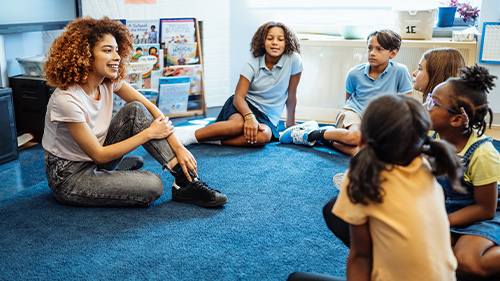
Walk into a middle school classroom during a lively literature circle and you’ll hear questions, laughter, debate, and—most important—learners speaking with confidence. For multilingual learners (MLLs), that buzz is more than background noise; it’s proof that language, thinking, and identity are growing together.
Yet many educators still see hesitant readers, polite head-nods, and the lone voice that carries every discussion. How do we move from teacher-led talk to learner-powered exploration?
Our upcoming webinar will dig deep, but here’s a quick look at why literature circles – or even better, Reflective Dialogue Circles – are a natural fit for MLLs and three starter moves you can try this week. Let us know how they went during the webinar.
Learn more with Dr. Berry! Watch our webinar "Literature Circles with Multilingual Learners" here! 👇
During the live session, we will:
Plus, you’ll have a chance to win an e-copy of my newly released book, The Culturally Competent Educator! It’s filled with strategies and supports you can use as an educator of multilingual learners.
Even if you can’t make the live session, sign up, and be the first to receive a link to the recorded workshop.
When multilingual learners speak, they take ownership of English and of the ideas that shape their world. Reflective Dialogue Circles give them that chance—if we build the structure and then step back.
Ready to empower every learner in your ELA classroom? Reserve your spot now and join us to unlock practical strategies that help all educators elevate every learner’s voice. Let’s turn the pages together!
Almitra L. Berry, Ed.D. serves as the content expert for multilingual development in Perfection Learning's Connections: Literature program for middle school and as an educational consultant for the program, contributing expertise on culturally and linguistically diverse learners. Follow her on BlueSky @almitraberry for ongoing insights.

As middle school educators, we know the moment when a learner comes alive in class. Maybe they're debating a character's motivation or crafting a...

The summer break is winding down, and soon you'll be setting up your classroom for another year of learning adventures. Whether you're a first-year...

December always asks a lot of us.

In my last post, I shared the success stories of two of my multilingual learners. I told you I used strategies, but I didn’t share which ones.
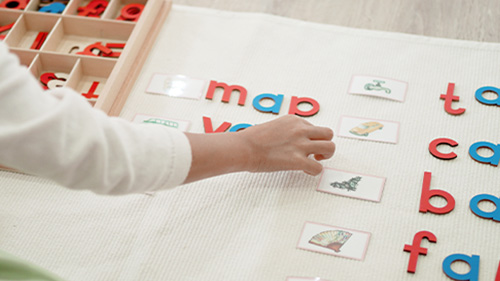
In American K-12 public schools, English language learners (ELLs) make up over 10% of students. 10% may not sound like much, but that’s over 5...
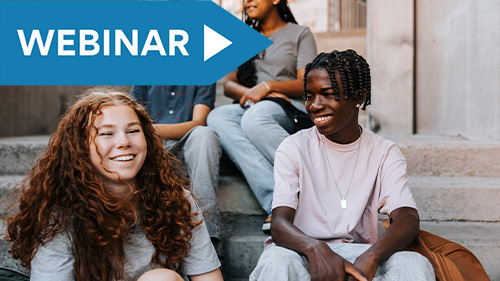
Join Dr. Almitra Berry (A L Berry Consulting) to learn about intentional text selection for ELA Learners in this informational webinar.
.jpg)
Congratulations! You’re well into the first semester now. You’re developing new and solid relationships with your learners and creating a classroom...
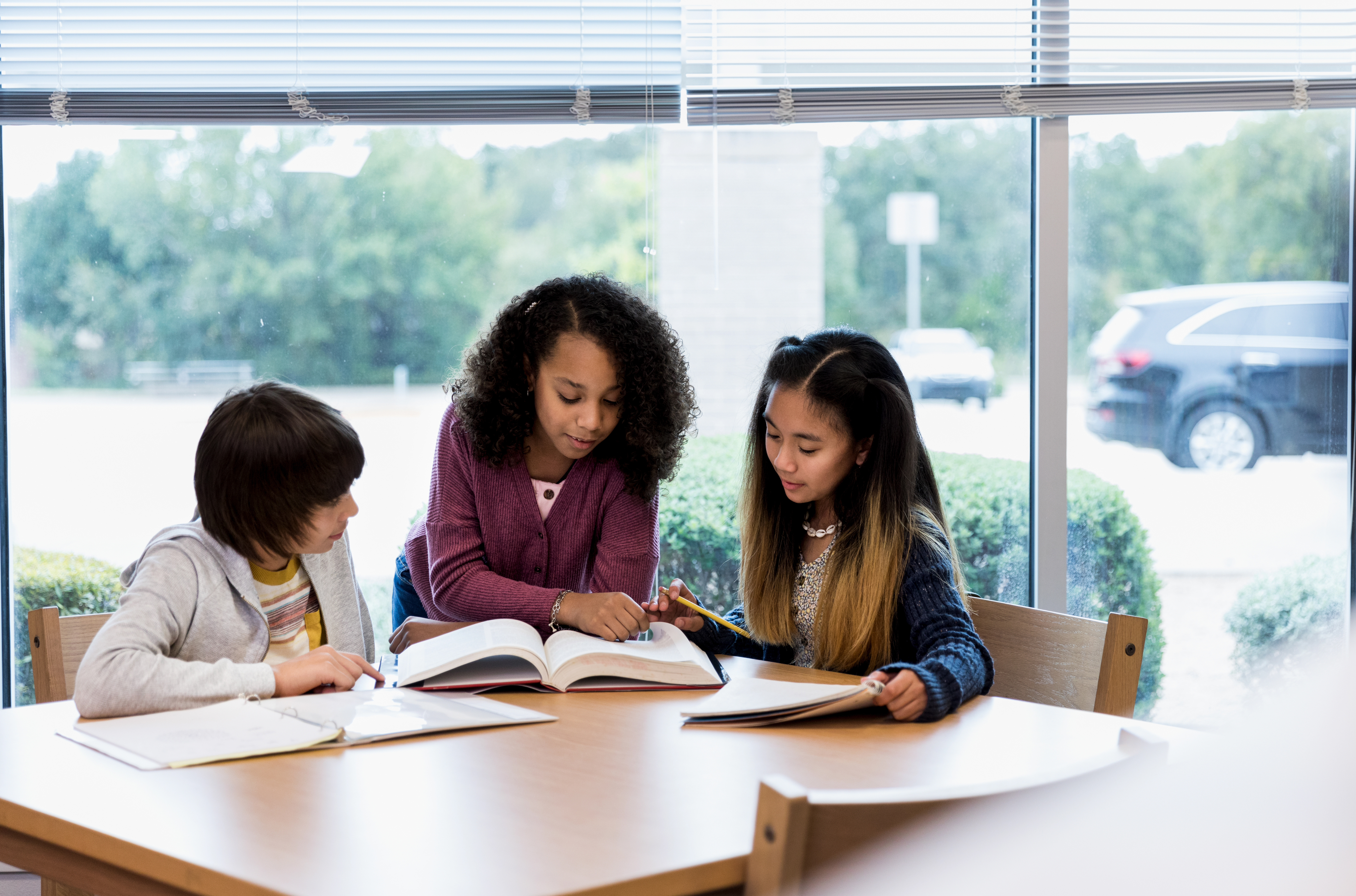
Transitional literacy focuses on bridging the gap between basic reading skills and more advanced literacy skills necessary for success during middle...

When I think about the success stories of my middle school emergent bilingual learners, I can’t help but smile. What about you? Sure, there were...

Do you ever have one of those days where you ponder, “What on Earth am I doing, and am I doing it right???” I did. Often. And they were often...
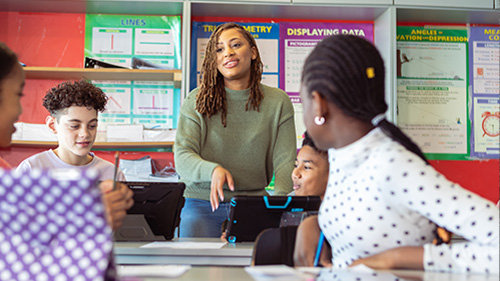
It’s that time! The school year is beginning and you’re ready to welcome up to 180 new learners into your classroom. Whether you’re in your first...
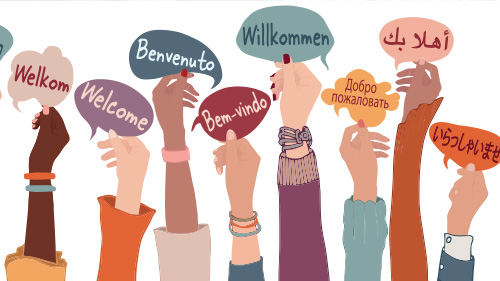
What happens when we stop seeing language diversity as a barrier and start embracing it as our greatest classroom asset?
